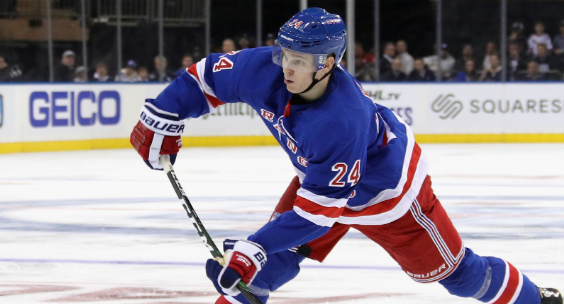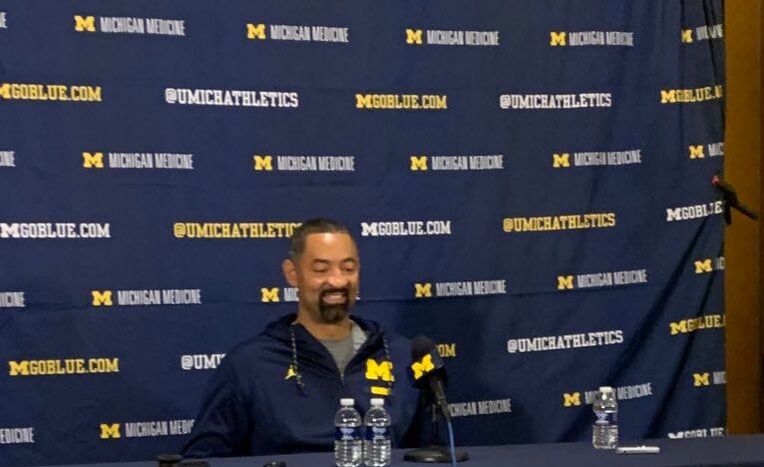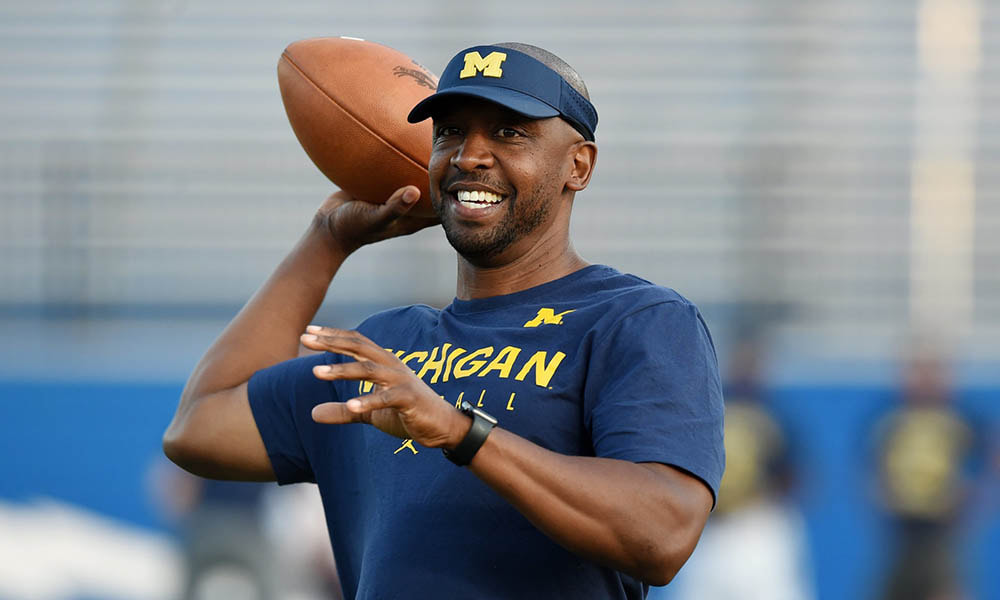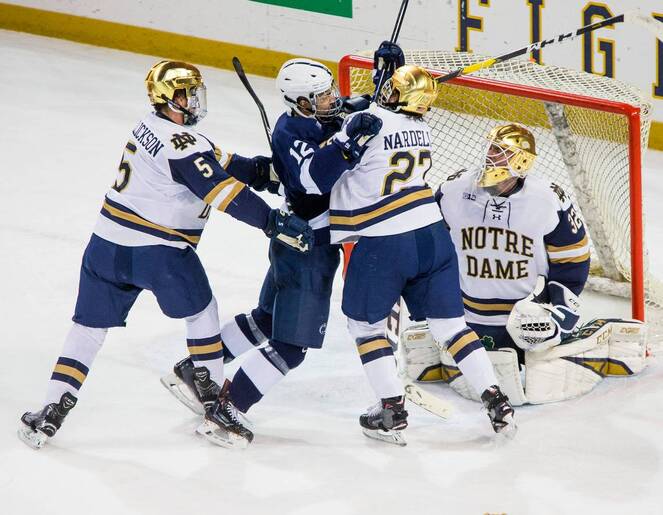By: Jared Greenspan
Williamson offered all the lackluster franchises competing in the lottery with a formidable chance at resurrection. The team lucky enough to land the first overall pick would presumably select Williamson, who would bring instant excitement, entertainment and unlimited potential.
For fans of the New York Knicks, a franchise notoriously dormant and dysfunctional throughout the 21st century, the crave for Williamson was palpable. New York had a 14% chance to land the coveted number one pick, tied with the Cleveland Cavaliers and Phoenix Suns for the top odds. If the Knicks could land Williamson, years of failure would quickly be forgotten.
In typical Knicks fashion, though, the ping pong balls failed to bounce in the franchise’s favor, the number one pick instead falling into the laps of the unsuspecting New Orleans Pelicans. The devastated New York fanbase went up in flames and a depressing hysteria.
Relegated to the third pick in the NBA Draft, New York went on to select RJ Barrett, Williamson’s college teammate at Duke. After a promising season debut in San Antonio last Wednesday night and three strong games since then, it appears that Barrett might have what it takes to be the flame that ignites the franchise to a restoration of its glory days, after all. Perhaps Barrett is capable of making the New York City faithful forget about their lost chance at gold in Williamson.
It’s easy to forget that, coming out of high school, it was Barrett -- not Williamson -- who was the number one player in the country. Almost immediately, Barrett was overshadowed by Williamson’s thrilling theatrics and highlight-reel dunks at Duke.
While a Blue Devil, Barrett was often under-appreciated and criticized for his play on offense. There was no doubt that he was immensely talented and capable of scoring in droves, yet many viewed him as selfish. Critics ridiculed his questionable shot selection and inability to make an outside jump shot with any sort of consistency.
Such concerns reared their head again throughout the preseason and summer league for the Knicks. Barrett often jacked up shot after shot, showing little self-control. His shooting percentage was uncomfortably low, as even when he got to the basket -- one of his strong suits -- he had trouble converting. Teams would also leave him free on the perimeter, not all too worried with his ability to knock one down from range.
In a formidable NBA system, Barrett would not be able to survive while keeping up such play on offense. Forcing up shots and isolation would have to give way to crisp cuts and ball movement. From there, scoring opportunities would surely arise more naturally. The question, though, would be whether or not Barrett, all of 19-years-old, could pick up on such in haste.
In the Knicks first game of the season against the San Antonio Spurs, we saw a much more controlled, poised and ultimately impressive version of Barrett. It was the tantalizing type of play which floods Knicks’ fans hearts with endless hope.
Barrett bullied his way through the Spurs defense with ease, getting to the basket in the halfcourt and transition. When he bruised into the paint, he was able to finish, showcasing strength and creativity at the rim. Overall, Barrett finished 9-13 from the field, good for 21 points. Only taking 13 shots, Barrett showed a form of self-control that was largely absent at Duke and in the preseason, certainly a positive takeaway.
In his second career game against the Brooklyn Nets, Barrett flashed his defensive potential -- another aspect of his game often absent while at Duke. The rookie recorded six steals, flexing good, active hands.
The positive play from Barrett has continued since then. Against the Celtics in his debut at the Garden, he led all Knicks with 26 points, also canning four three-pointers. In the Knicks first win of the season against the Chicago Bulls, the rookie was instrumental in engineering an 18-point comeback, notching a double-double with 19 points and 15 rebounds while logging 40 minutes.
Only nineteen, Barrett is mature and wise beyond his years. Coach David Fizdale has developed so much trust in Barrett that he opted to start the rookie at point guard in the season opener. While the beginnings of such an experiment failed to pay dividends, the showing of confidence certainly says something about the rookie’s talent level and adaptability. And in the closing minutes of the game against Brooklyn, Fizdale again turned back to Barrett to man the point guard position, a stint in which he looked much-improved and more confident.
In today’s NBA, Barrett is the lauded prototype. At 6-7, he has the height and lanky wingspan to disrupt perimeter players and battle with taller post players. On the flip side, Barrett is a mismatch for bigs and smalls alike, possessing an ability to score down low and handle the ball with grace.
In the end, Wednesday night was only the first game of Barrett’s career and, combined with the other three games, makes for a small sample size. Still, the results have undoubtedly been encouraging, Barrett’s strong start surely sparking hope for Knicks fans moving forward.






 RSS Feed
RSS Feed
